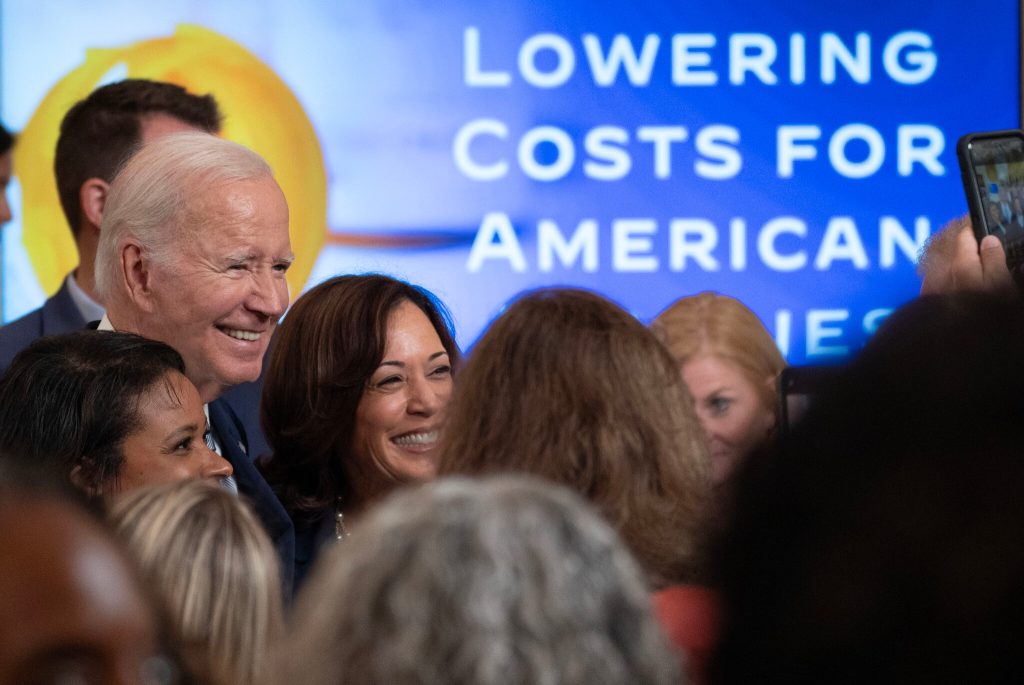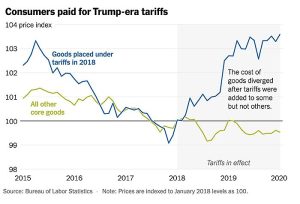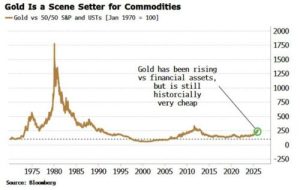America Must Reject Foreign Drug Pricing Schemes

By George Landrith
Thursday, 16 October 2025 01:36 PM EDT
America has long been the global leader in pharmaceutical and biopharmaceutical innovation, delivering life-saving treatments and cures that have transformed modern medicine. This leadership was built on free-market principles, strong intellectual property protections, and a commitment to investing in research and development. Yet today, that foundation is under threat from misguided policies seeking to import the failed socialist pricing mechanisms of other nations.
The Trump administration’s Most Favored Nation (MFN) proposal aims to lower drug prices by tying U.S. prices to those paid in foreign countries. While reducing costs for patients may seem appealing, this method is deeply flawed. MFN policies would outsource America’s drug pricing to governments that undervalue innovation, restrict access to new treatments, and stifle progress through bureaucratic price controls.
Importing foreign price controls is not reform—it is surrender. It surrenders our leadership in medical innovation, our commitment to patient access, and the intellectual property rights that fuel tomorrow’s cures. In nations like Canada, the United Kingdom, and much of Europe, government-run health systems dictate medicine prices through centralized negotiations and rigid cost-effectiveness thresholds. These systems often delay or deny access to breakthrough therapies, leaving patients with fewer options and longer wait times.
The result is lower prices—but at the cost of innovation, investment, and lives. America must not follow this misguided path. When governments impose artificial price ceilings, companies scale back research and development, investors pull out, and the pipeline of new treatments dries up. Many medicines available in the U.S. are not even offered in countries with aggressive price controls—a consequence of these policies.
MFN policies violate intellectual property rights by forcing companies to accept foreign-imposed prices that ignore the true value and cost of innovation. Developing a new medicine is risky, expensive, and time-consuming, often taking over a decade and billions of dollars. Price controls send a chilling message: your work is not worth what the market says it is—it’s worth what a foreign government decides.
Instead of importing failed socialist policies, America should double down on market-based solutions that promote competition, transparency, and patient choice. The pharmaceutical industry has already taken bold steps, announcing $500 billion in new infrastructure investments, financial support for 10 million patients, and a website to connect patients with direct purchase programs.
However, real drivers of high drug prices in the U.S. include abusive practices by Pharmacy Benefit Managers (PBMs) and hospitals exploiting the 340B program to mark up drug prices by 700% or more. Reforming these intermediaries would do far more to lower costs than importing foreign price tags.
The Trump administration is right to call out foreign countries for free-riding on American innovation. But the solution is not to mimic their broken systems—it’s to challenge their unfair practices and strengthen our own. Protecting incentives for discovery, upholding innovators’ rights, and ensuring patient access to the best treatments are critical.
Free-market principles—competition, consumer choice, and transparent pricing—offer a better path forward. When companies compete to deliver value, patients win. When consumers are empowered to choose, prices fall. And when innovators are rewarded for breakthroughs, the entire system benefits. America’s pharmaceutical sector is a crown jewel of our economy and a lifeline for millions. Let’s not jeopardize it by adopting policies that have failed elsewhere. Let’s lead with innovation, not imitation.







